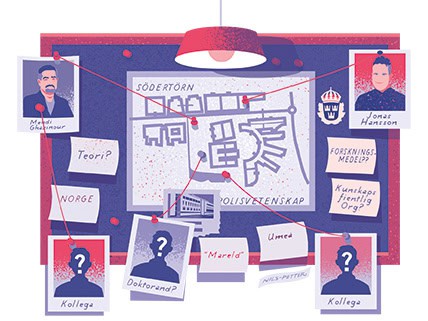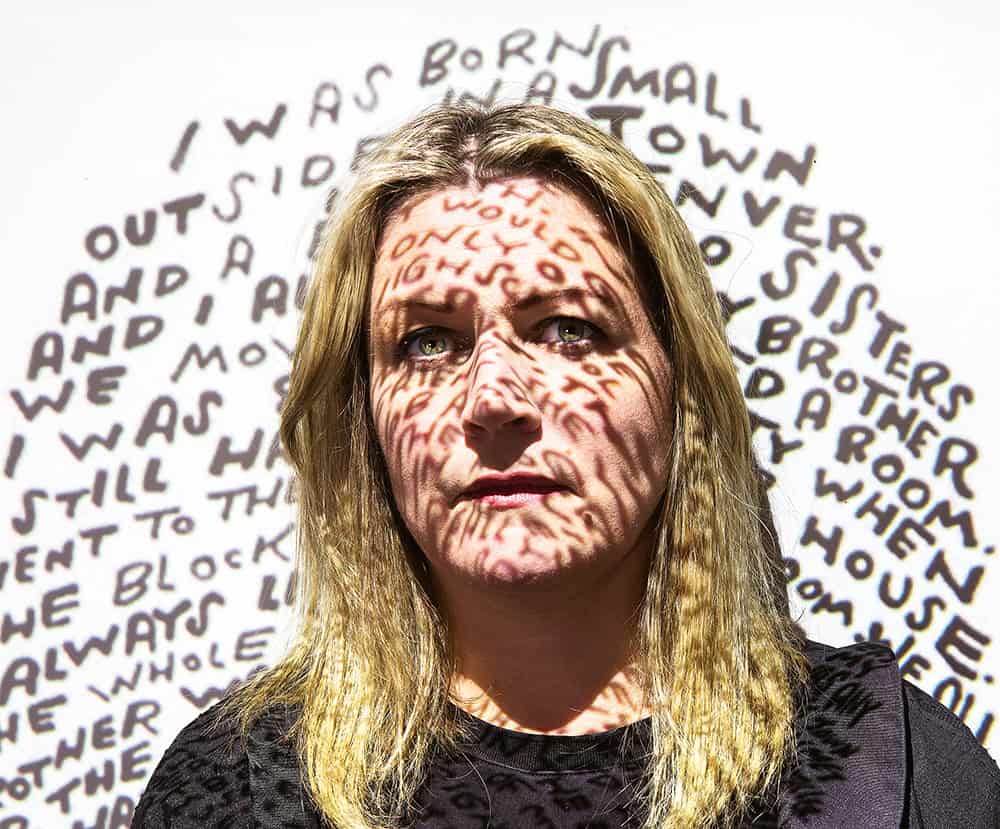The idea that ethical review is a threat to academic freedom was the starting point for a seminar organised by SULF and Young Academy of Sweden.
Sweden stands out
The seminar was led by August Danielson, a doctoral candidate in political science at Uppsala University, who has examined ethical review in a number of EU member states. And Sweden stands out. “For example with regard to legal requirements for ethical review of non-medical research. This is something that other EU member states don’t have,” he tells Universitetsläraren.

In the rest of the EU, the norm is that ethical review of humanities research about people is conducted instead by the higher education institutions’ own committees, explains Danielson, whose own research is on the work of diplomats.
Well-known case in Örebro
One reason why he became interested in ethical review was the case of a doctoral candidate in Örebro, whose thesis defence was cancelled when they were reported to the Ethics Review Appeals Board (Önep). Universitetsläraren has written about this case previously.
The more he read up on the legislation, the clearer it became that there is not enough knowledge about where the boundaries lie regarding what research falls under the Ethical Review Act and what does not. Both at his own and other political science departments.
When researchers are unsure of the law and therefore apply for ethical review in case it is required, this is not only a waste of resources and time, says Danielson. “In short, people may simply refrain from doing important research simply because they want to avoid the ethical review process. That is a huge problem.”
Worried about prosecution
Uncertainty about what rules apply causes researchers to worry about being prosecuted. “This may be for various reasons,” he says, “but above all it could be that they are not entirely sure about a rather complicated piece of legislation and how that legislation is applied. The risk of making unintentional mistakes is enormous.”
His study resulted in various proposals. One is to amend the Ethical Review Act so that Önep does not need bring charges for minor breaches such as careless mistakes or failure to apply for ethical approval before commencing research.
Proposed exemptions
Changing the law so that a consent from the research subject exempts the research from the provisions of the Ethical Review Act is another option, which is similar to the Finnish system. A further proposal is to exempt non-medical research from ethical review altogether.
“That might sound extremely controversial from a Swedish perspective, but that is how it works in many other countries,” says August Danielson.

















